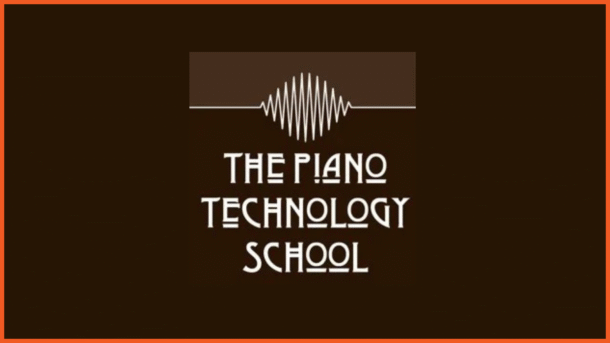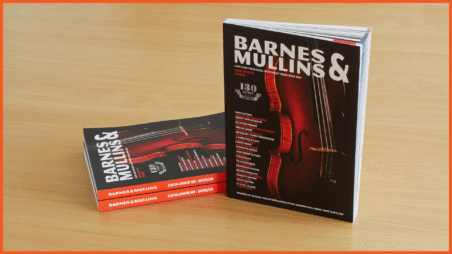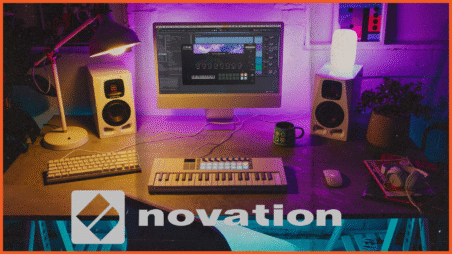
The Piano Technology School is celebrating its continued success this month, 10 years after first opening its doors to trainees. The mission : To train the next generation of piano tuners & technicians. To date the school has welcomed 78 students, the majority of whom now work as successful piano technicians. 2 went straight to the concert department at Steinway London to be mentored by World renowned tuner, Ulrich Gerhartz, while some have returned home, having travelled from Australia, Italy and the USA.
“The Intensive Introduction to Piano Tuning & Repair “ was developed by senior piano tuner and RPT (registered piano Technician) Steve Droy, from a successful training model used extensively internationally. Steve had experience teaching & developing this whilst working for Furtado’s Music in India in 2012.
Returning to the UK, it was clear that the only other existing course was not offering students the right training to be an on-the road professional tuner; who could carry out the day-to day repairs on a customer’s piano.
Founded with his wife Tabitha, The introductory course, was an opportunity to support the trade and those joining it.
“As someone who is not a piano tuner looking in, the view of the state of both the existing training then, and the apparent lack of cohesion across the piano trade in the UK, it was exciting to be able to work to develop a course that I felt added value for the students – many of whom were leaving training with few employment opportunities, no business awareness and the numbers, in terms of retention and growth within Piano tuning, where shockingly dire.” Says Tabitha.
“Piano tuning is and always will be considered a niche subject – in education & training terms and because the majority of tuners are self employed, there was a lot of missing data when trying to research the skills gaps and industry wants and needs” She continues ”We would have loved to have been able to work with the OFS (office for students ) and OFQUAL to produce a course that people could access with funding, but in 2014 no one was interested- even City & Guilds, on the very day I spoke to them, had been told to shut every course apart from three. All new courses on the National Qualifications framework had to have a least 20 students, on an ongoing basis. That is unrealistic if you want to produce high quality technicians. It also raised questions about how we could ensure the right content was being delivered by the right people.”
A chance lunch meeting with a friend who was working at NMPAT in Northampton, led to the perfect home for the opening of the first course in September 2015.
“We cannot thank Peter Smalley and team enough for sharing our vision and seeing the value in what we wanted to do. It was the perfect setting for the school- The Northamptonshire Music & Performing Arts Trust does incredible work, teaching music to young people from all over the county. It was fantastic that we could help support them in a small way.” Explains Steve.
In 2021 however, the school moved to its own premises in Rugby, where it continues to welcome a maximum of 12 trainees a year. This year the school has added a second site – a shop and workshop, where local people can buy affordable beginner instruments that have been worked on by students, avoiding the stress of the unknown on selling websites.
“Rugby is a great place for student to come. Most students relocate for at least part of the week and stay in rugby, while others are able to commute. We are on Tom Brown Street, so very easy to get to from the train station” explains Tabitha “we now have a a good network of landlords and places students can stay and enjoy Rugby”
Professional development and work experience have always been an important part of the training and the school grows and develops with every year. For the last year, all trainees get work experience at Piano Restorations Ltd in Buckinghamshire in their final term.
Moving forward, trainees will get an opportunity to gain work experience at Millers Music in Cambridge as they support the “Piano Equals” project. This initiative requests donations of pianos and then schools apply to have them. There is, of course, a need for tuning and as this is unfunded, it is a good opportunity to give trainees more practice as they come to the end of their course; where time tuning is all important.
A close protection officer, a professional harpist & a civil servant are just a handful of the people who have changed career and become piano tuners. The vast majority of people who join the course are in fact music graduates who have come via the conservatories or music colleges. Increasingly students are coming from A level studies. Two of our most recent students studied music at Oxford and Cambridge, many others are professional musicians. This marks a key shift in the calibre of student coming for training. What was once seen as a tertiary college course is now attractive to enthusiastic creatives who see the vocational intensive model as the perfect training pathway to a rewarding career.
It is wrong to think of the piano tuner as a dying out trade and skill set. While it has long been a job held by mostly men, who are indeed now retiring, Steve and Tabitha are proud to have supported 25 women into work. The piano has never not been popular, acoustic pianos are always there – in good times and bad. TV shows such as The Piano have only helped, and of course, in Covid, more people bought pianos and learned how to play them.
The training methodology and the outcomes of The Piano Technology School make it the leading training provider of its kind – it is now the only formalised place of learning where the school also offers CPD via the Piano Technician’s Guild Pathway to Registered Piano Technician.
More important than outcomes, is retention and growth for those starting out in the trade. Many have been working as freelance tuners for 9 years and it has been fantastic to see so many flourish into good positions within a trade that offers few full employment opportunities
“We have been seen as “disrupters” in the trade in this country, explains Steve.“ I hoped that many in the piano trade would also step up and come to us and ask “how can we help?”. We have also tried to engage and support the associations, but that has been fraught. We are very grateful for those professionals who have supported us from day one – who get it, and have been happy to mentor or employ those leaving the course. We are blessed to have individual experienced tuners and companies who understand the importance of supporting those new to the field, because tuning and piano technology is a lifelong journey”.
2025 marks ten years of the intensive Introductory Course, but Steve has now also launched a pilot modular course, which is also in its first term. There are 4 currently training this way, 2 of them young women.
The recent launch of the new course “Introduction to Piano Restoration Techniques” for those already working as tuners is an exciting addition. The School welcomes restorer and trainer, Henry Perry to the team and the course aims to start in early March 2026.
Professional training days and RPT pathway training is ongoing and applications are open for next year.
For interview and further information please contact
07872 956786


